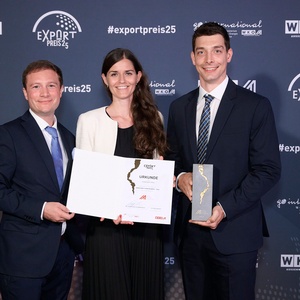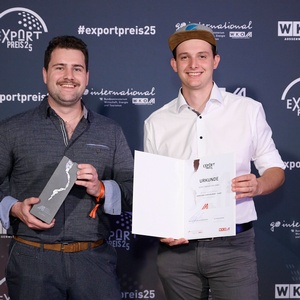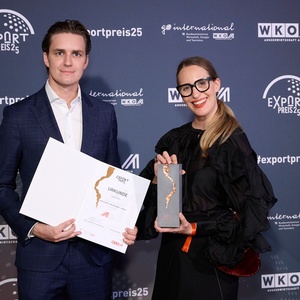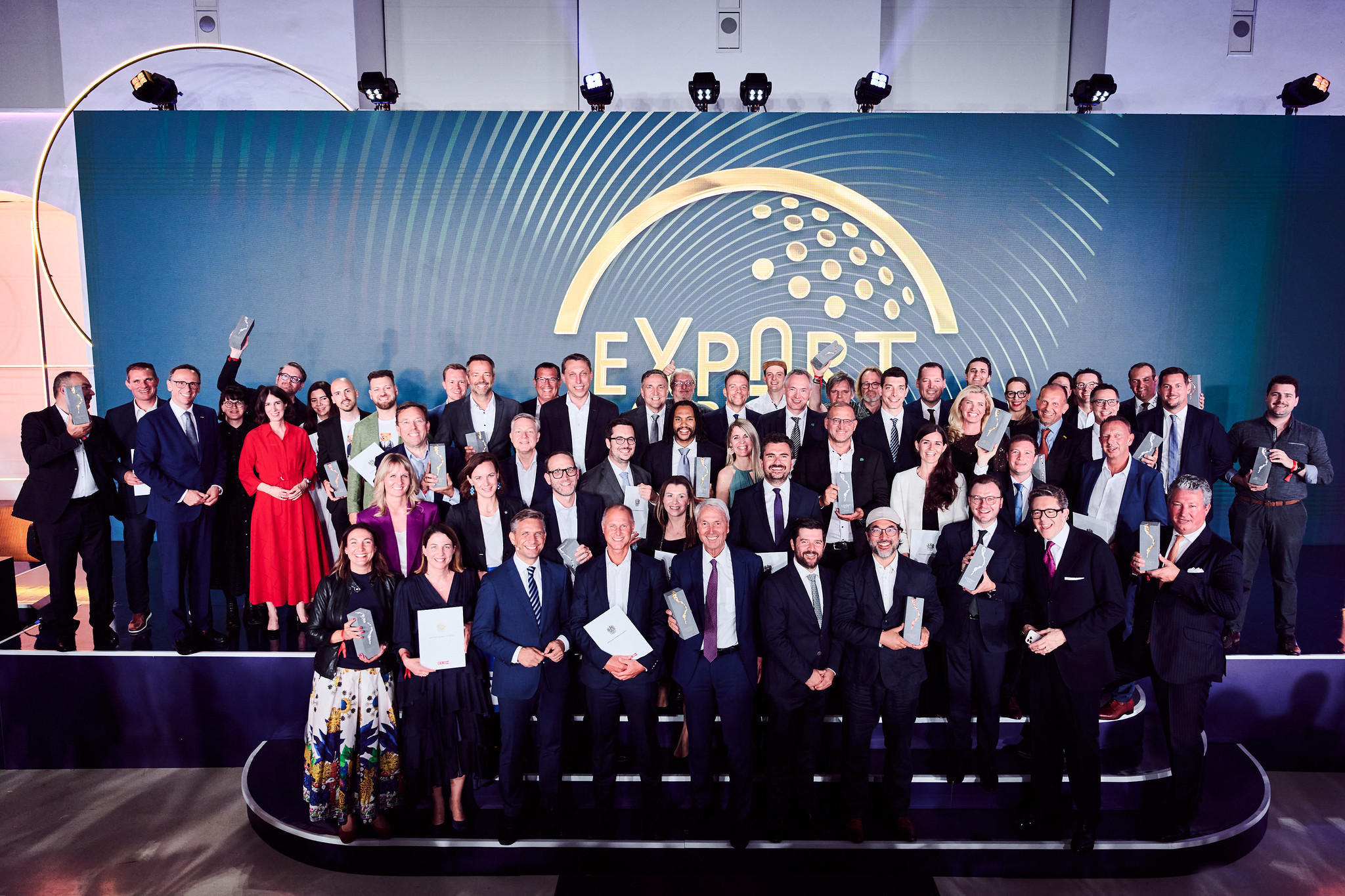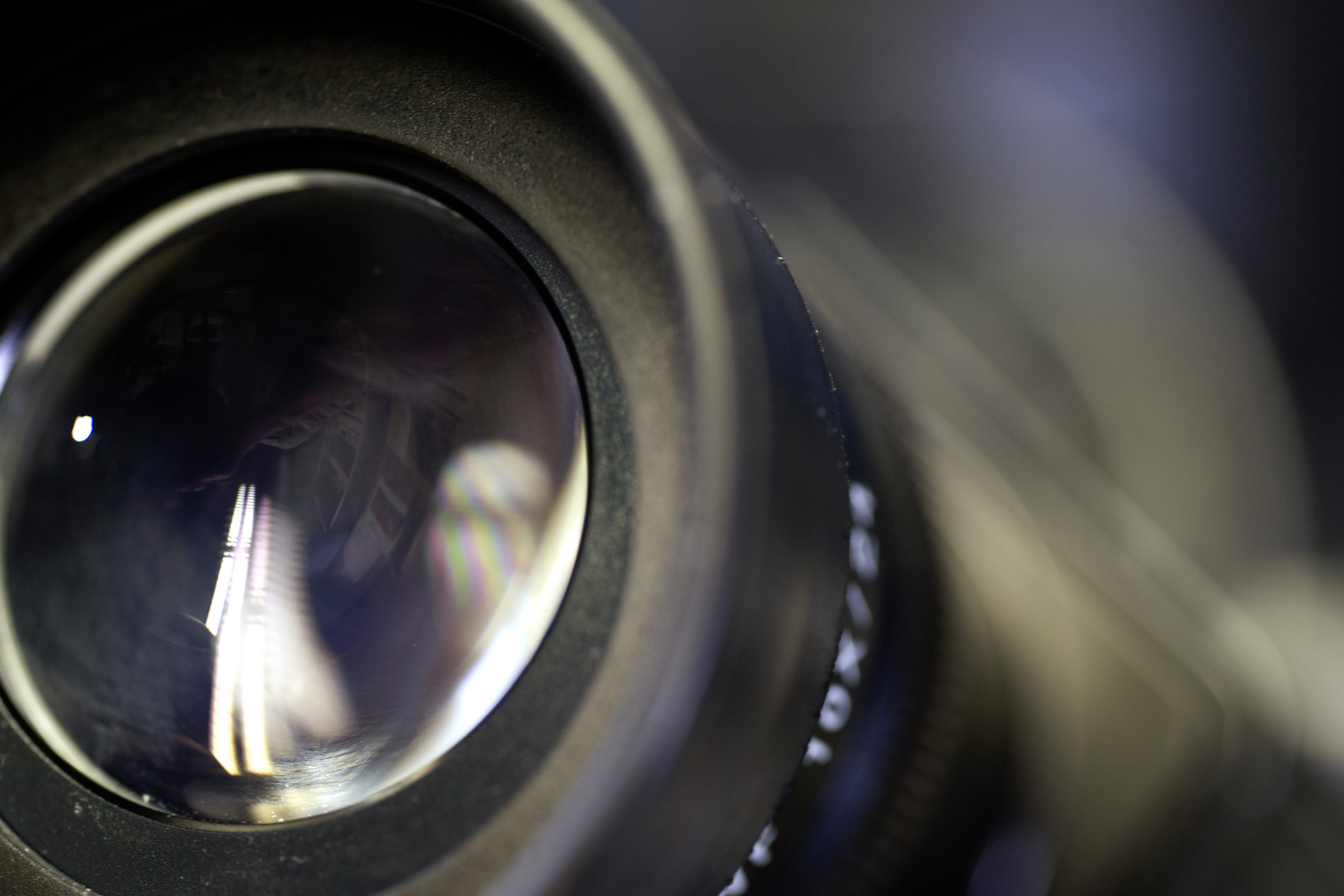Startups are young companies that are developing or introducing innovative products, services or technologies. They grow quickly, opening up new markets and trying out new business models or internal processes. These characteristics allow them to influence their economic and social environment and help promote development and progress.
International markets play an important role in the startup scene; the current edition of the Austrian Startup Monitor reports that 74% of Austrian startups have an international presence and some 41% of turnover is achieved abroad. The “Born Globals” (38%) adopt an international alignment from the outset, chalking up more than 50% of their turnover with exports. ADVANTAGE AUSTRIA has been honouring a select handful of these with the title of “Born Global Champions” for many years, including bitpanda, the first Austrian “unicorn”.
The Born Global Champions 2025 are…
Three were awarded an Export Prize 2025 as part of the Exporters’ Nite celebrations:
| Gold | Senseven GmbH |
| Silver | Sodex Innovations GmbH |
| Bronze | fynk GmbH |
The Austrian Startup Monitor explores, records and observes the Austrian startup scene, documenting developments and trends in an annual report. The current edition shines a spotlight on deep-tech startups, which are characterised by close connections and interaction between technology and research. The solutions they develop are based on the findings of research and development that they themselves have conducted over longer periods. They have internationalised to a far larger degree, with 83% operating beyond the domestic market, and though the proportion of Born Global companies in the deep-tech segment is a little smaller (35%), their international turnover is far higher at 90%.
The needle has barely moved in innovation trends, with artificial intelligence, renewable energy sources and power storage still in pole position. The greatest growth was recorded for cybersecurity, high-performance computing and robotics.
IT/software development, life sciences, industrial technology/production/hardware, and electronics/electrotechnology remain the most important sectors, while the proportion of startups with a social and/or ecological component has risen to some 56%.


